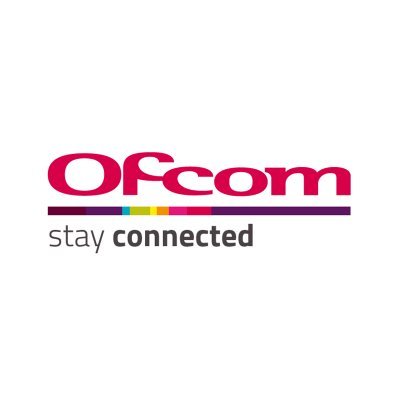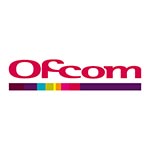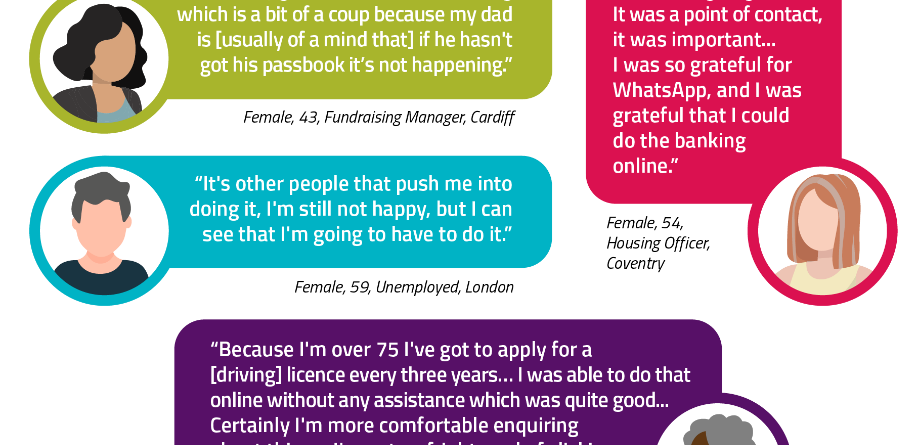The government has launched a real-world testing facility, SONIC Labs, to help accelerate the adoption of Open RAN technology and help Britain diversify its supply chain. The lab will bring in multiple providers to supply components for 5G radio equipment. It is being run by Ofcom and Digital Catapult, who have built the facility using existing Digital Catapult infrastructure and capability, £1 million of seed funding from DCMS, and a bespoke SONIC Labs branch as part of Ofcom’s Innovation Lab in Riverside House. It will work with a diverse range of vendors to explore new open approaches to telecoms networks.
This is part of the government’s Diversification Strategy and follows the establishment of the Telecoms Diversification Taskforce aimed at reducing the reliance on high-risk vendors and bringing more players into the market.





